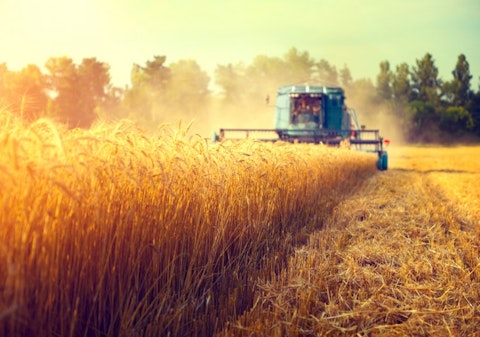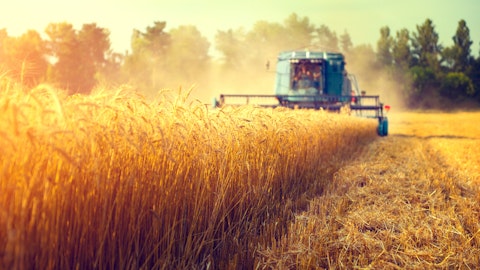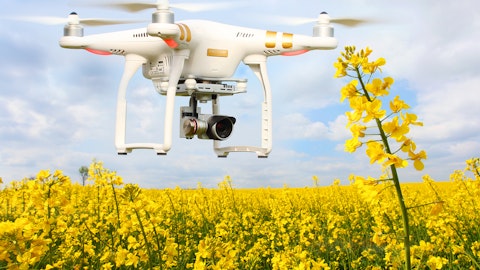The 12 largest agricultural companies by revenue in the world have a large impact on global food production and have dominant positions in all industries that are involved in the food production process, from planting seeds distribution, to using fertilizers and pesticides. Because these companies have a lot of resources, manpower and billions of dollars in investor capital, they squeeze out smaller farmers in their race for profits and can sometimes pursue unsustainable practices in the face of fierce competition.
The global population is expected to reach 10 billion by 2050, which suggests that food production will have to be increased by at least 50%. In turn, this could result in the need for more land, which could lead to further deforestation and the depletion of other resources like water and soil.
At the same time, the largest agricultural companies are among the few that can face these challenges and adapt to the changes in the agricultural sector. As people become more concentrated around urban areas, this creates a lack of human capital to be employed in farming and other agricultural activities. Big agricultural companies can develop technologies that would allow farms to continue their operations with less human involvement through automation. Many agricultural equipment companies like Deere & Company (NYSE:DE) and CNH Industrial NV (NYSE:CNHI) have been investing heavily in such technology in the last couple of years, developing tractors, combines, and harvesters that can operate on a semi-autonomous basis, with the goal to develop equipment that would be capable of performing all tasks on its own.

Subbotina Anna/Shutterstock.com
At the same time, the need for more food could lead to more land being used for production, which could in turn cause deforestation. Deforestation can have devastating effects on the ecosystem, causing soil erosion, increasing the concentration of greenhouse gases, leading to the extinction of many species of plants and animals, etc. Some of the largest agricultural companies by revenue in the world that are engaged in production of seeds and crop protection, such as Monsanto Company (NYSE:MON), should focus on technologies that will allow higher crop yields on the same amount of land, through the use of better seed cultures and better chemicals and pesticides.
Given the major challenges in global food production, more and more governments are imposing regulations in order to tackle them. Middle-income countries, faced with populations that are becoming more wealthy, are investing heavily in food production, while the investments from more developed countries are slowing down. A big part of the investment in food production represents investment in research and development. According to Nature.com, in 2011, 5% of global investment in R&D was directed towards agriculture and food production, which represented roughly $69 billion, with 55% of that figure being spent in high-income countries and 43% in middle-income countries. At the same time, in high-income countries, over 52% of the research on crop breeding, fertilizers, and food technology was done by the private sector, mainly by the largest agricultural companies.
With this in mind, let’s take a look at the 12 largest agricultural companies by revenue in the world. To compile this list, we selected some of the largest companies from various industries within the agricultural sector, including farming, processing, agricultural equipment, chemicals, and seeds. We compared the revenue that these companies, some of which are also among the 11 biggest agricultural companies in the world, generated in their latest fiscal years (for companies that are engaged in other segments aside from agriculture, only the numbers for their agricultural segments were used) and sorted them accordingly.





